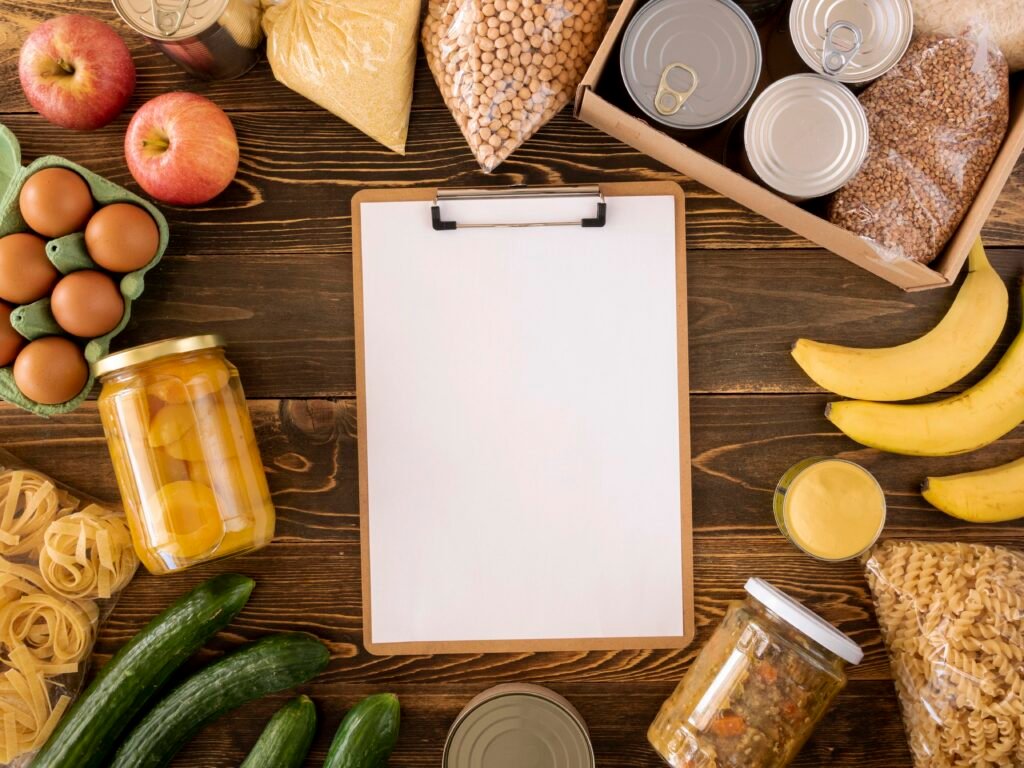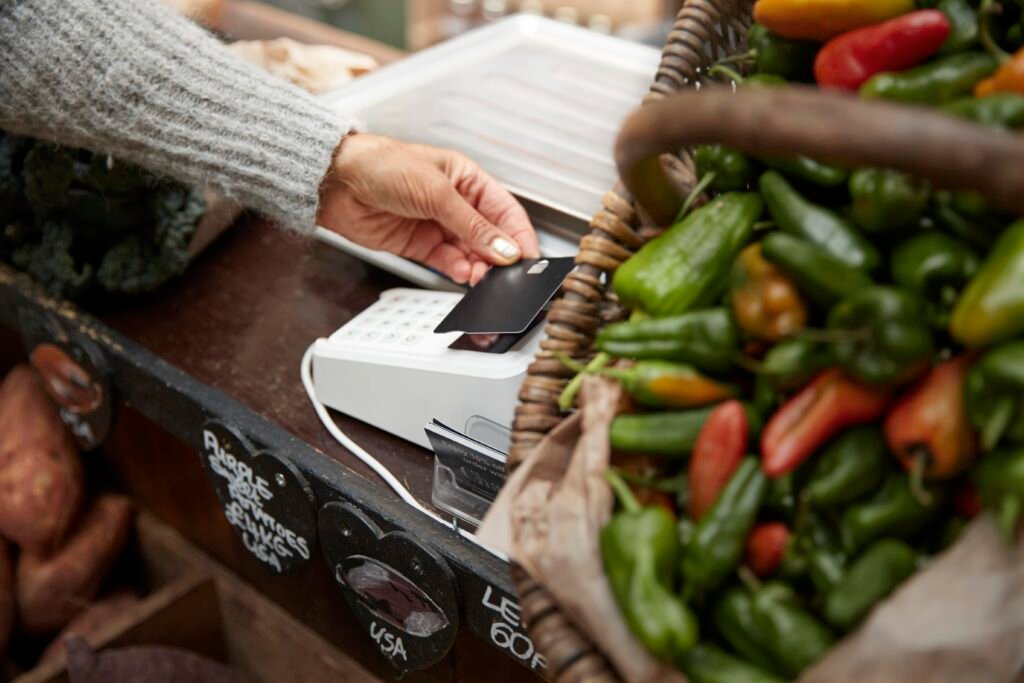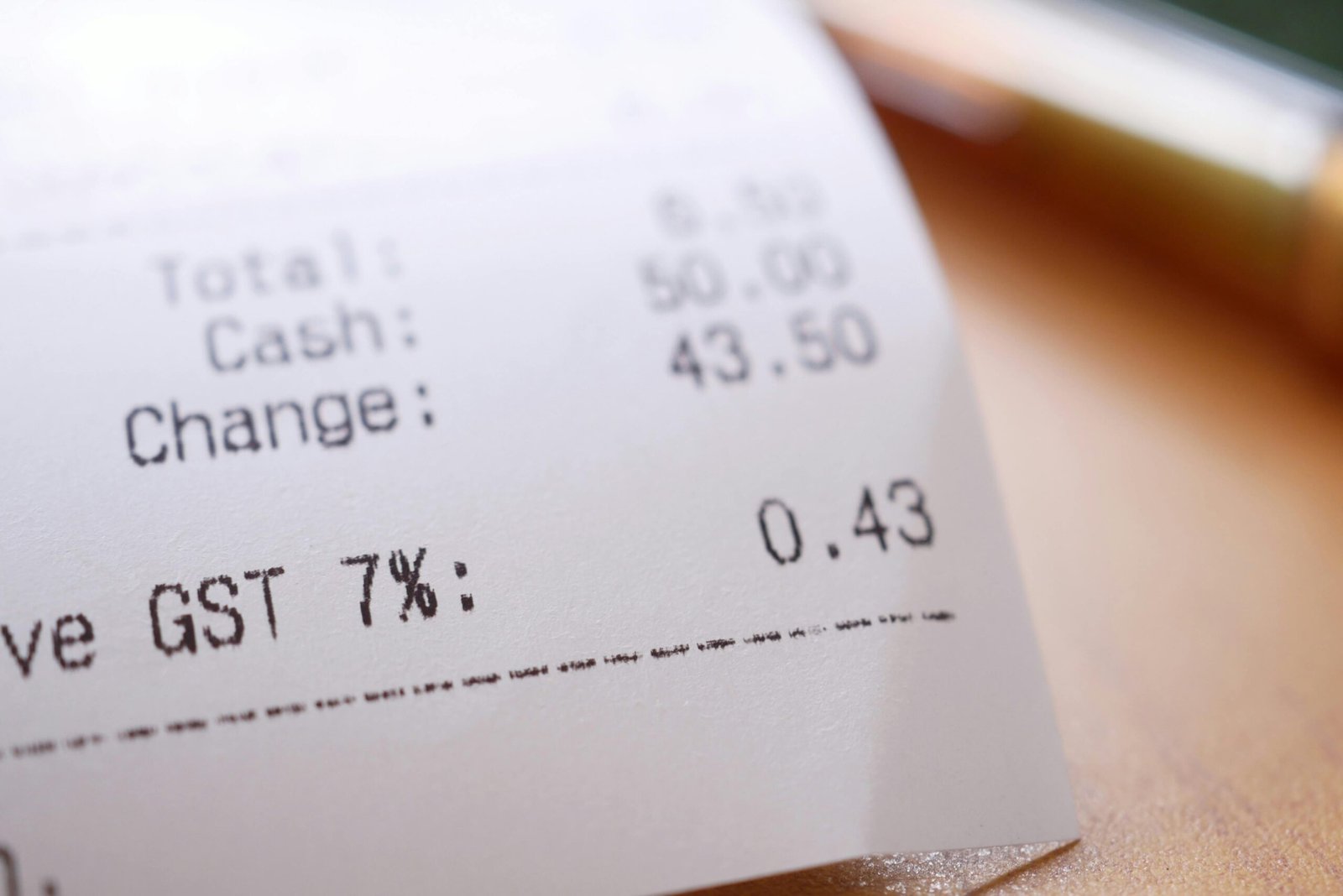Reducing food costs is possible through practical, easily accessible solutions. Numerous initiatives make it possible to buy fresh products at lower prices, avoid food waste, and optimize your budget. Here are some tips to save while consuming responsibly.
Buy unsold and surplus products

Supermarkets and grocery stores regularly offer unsold products at discounted prices. In addition to supermarkets, local markets also sell fruit and vegetables at low prices at the end of the day. This habit not only saves money but also helps combat food waste. In addition, some companies such as SirPlus specialize in reselling surplus products. These initiatives follow a zero-waste approach and make it possible to rescue leftover food that would otherwise be discarded. Buying these foods is therefore an ecological and economical alternative.
Prioritize products nearing their best-before date
Products close to their best-before date are often sold at reduced prices. Large chains such as Edeka and Rewe offer these items to help reduce food waste. “Wonky” fruit and vegetables are also an interesting option: although they don’t look perfect, they’re just as tasty. This habit leads to significant savings on perfectly edible food. This measure also supports the circular economy by avoiding unnecessary waste.
Plan meals and optimize shopping
A detailed shopping list helps avoid impulse purchases and manage your budget better. Buying food in zero-waste/bulk stores also allows you to purchase only the quantities you need and reduce packaging waste. Another tip is to favor seasonal products, as they are often cheaper and more flavorful. You can also prevent food waste by asking for doggy bags in restaurants and enjoying the leftovers later.
Use anti–food waste apps

Several apps let you buy food at low prices while helping to reduce waste. Too Good To Go, OLIO, and ResQ Club offer food bundles that can be picked up from partner retailers. These initiatives give consumers access to fresh products at reduced prices. Some apps also make it easy to share food with neighbors so edible items aren’t thrown away. Thanks to these digital tools, you can lower your food costs while supporting a more sustainable economy.
Make use of food donations and charities
Charities play a crucial role in combating food waste and supporting people in need. Organizations such as Die Tafel collect food from supermarkets and retailers to distribute to socially vulnerable people. Some food banks also offer discounted food parcels for low-income families. These initiatives not only prevent waste but also support those in need.
Shop smart with discounts and special offers
Using discounts and special offers is one of the best ways to cut food costs without sacrificing quality. Supermarkets such as Lidl and Aldi regularly run promotions on groceries. By tracking these deals and planning your shopping strategically, you can significantly reduce expenses.
By applying these tips, you can save money while reducing food waste. Responsible consumption not only enables better budgeting but also contributes to a more sustainable model. You have every opportunity to lower your food costs. Now it’s your turn!



